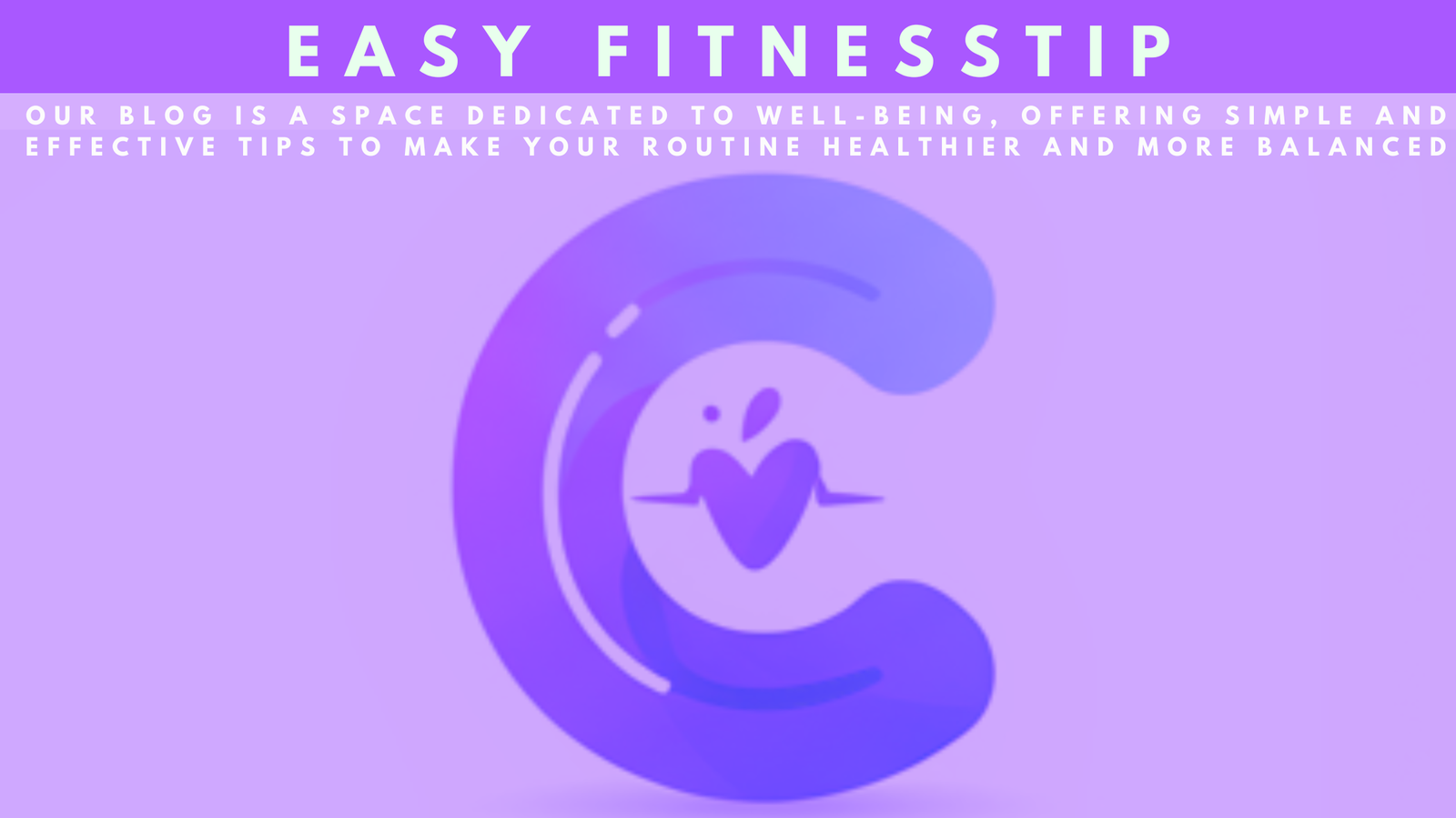
A whopping 74% of Americans say stress messes with their daily lives. But, they think self-care means spending a lot on spa days or retreats. The real deal? You can relax for free and easily add it to your daily life.
Whether you’re dealing with work, family, or deadlines, small changes can make a big difference. You don’t have to spend a lot to feel better. Let’s look at how to make your daily life better with simple, free steps.

Key Takeaways
- Even 10 minutes of deep breathing daily can lower stress hormones like cortisol.
- Outdoor walks in nature boost mood and focus at zero cost.
- Free apps like Calm or Insight Timer offer guided relaxation tools.
- Simple hobbies like journaling improve mental clarity and resilience.
- Small changes in routine can prevent burnout and protect long-term health.
Why Relaxation Matters for Your Mental Health
Stress isn’t just a feeling—it’s a physical force affecting your body and mental health. Making time to relieve stress is crucial for your daily well-being.
The Physical Impact of Chronic Stress
Constant stress triggers the body’s “fight or flight” response. This raises cortisol levels and blood pressure. Over time, it weakens immunity and causes headaches or muscle pain. Here’s how stress harms your system:
- Raises heart rate and blood pressure
- Weakens the immune system
- Triggers digestive issues
- Disrupts sleep patterns
How Relaxation Boosts Well-being
Simple habits like deep breathing or taking a walk can reset your mind. Regular relaxation:
- Improves sleep quality
- Reduces anxiety and depression symptoms
- Sharpens focus and memory
- Strengthens relationships through better emotional control
Stress’s Hidden Costs
Ignoring stress can lead to expensive medical bills and lost work hours. A 2023 CDC report highlights:
| Issue | Annual Cost (USD) |
|---|---|
| Stress-related doctor visits | $26 billion |
| Missed workdays | $300+ per employee |
“Preventing stress today saves money and health tomorrow.”
Your body and wallet thank you when you prioritize relieve stress routines. Small changes add up to big mental health wins.
Budget-Friendly Activities to Relax and Combat Stress Daily
Stress relief doesn’t have to be expensive. Try these budget-friendly activities that fit into even the busiest schedules. Each method uses minimal resources but delivers big results for mental clarity and calm.
1. Mindfulness Meditation: 5 Minutes of Calm
Start with this simple routine:
- Find a quiet spot, sit comfortably.
- Inhale deeply through your nose, counting to four. Exhale slowly, counting to six.
- Repeat for five minutes. Let distracting thoughts pass like clouds in the sky.

2. Nature’s Prescription: Cheap Leisure Close to Home
No backyard? No problem. Urban dwellers can:
- Grow herbs in a windowsill pot.
- Take a 10-minute walk in a nearby park.
- Listen to nature sounds via free apps during your commute.
A 2023 study in Environmental Health Perspectives found even 20 minutes of green space exposure reduces cortisol levels by 15%.
3. DIY Creativity: Low-Cost Activities for Stress Relief
Channel energy into hands-on projects:
- Sketch doodles in a notebook.
- Write daily gratitudes in a journal.
- Repurpose old items into art—think mason jar vases or fabric collages.
“Creativity acts as an emotional outlet without requiring expertise,” says Dr. Lena Torres, a stress management specialist. “It’s about participation, not perfection.”
These strategies prove that reducing stress doesn’t demand big budgets. Choose one activity today and build consistency. Your mind—and wallet—will thank you.
Conclusion: Creating Your Personal Relaxation Routine
Stress might seem like it’s everywhere, but you can take small steps to relax. Start by picking one or two activities that feel right to you. It could be deep breathing, a short walk, or taking mindful breaks. The most important thing is to be consistent, not perfect.
Even just 5 minutes of focused relaxation each day can make a big difference. It helps build habits that fight stress over time.
Adding relaxation to your day doesn’t need to take up a lot of time. You can stretch while waiting for coffee or listen to calming music on your way to work. Apps like Calm or Insight Timer offer free guided sessions that fit into your busy schedule. Think of these moments as essential, like brushing your teeth, to keep stress away.
Try different things to see what works best for you. Maybe journaling or a 10-minute walk makes you feel better. Keep track of what helps and change as needed. Remember, small, regular efforts lead to big results. Stress management is a habit that grows with patience and kindness towards yourself.
Start today. Choose a simple method from this guide and try it now. Whether it’s taking three deep breaths or enjoying a sunset view, these moments add up. Your well-being is important, and even small steps can help you fight stress and enjoy calmer days.
FAQ
Why is relaxation important for mental health?
Relaxation helps lower stress, which is key for both body and mind health. Doing relaxation activities regularly can make you feel better and improve your mental state.
What are some budget-friendly activities to relieve stress?
Affordable ways to reduce stress include mindfulness meditation, walking in nature, journaling, or simple breathing exercises. These can be done at home or in parks without spending money.
How can I incorporate relaxation into my daily routine?
Begin by setting aside 5-10 minutes each day for relaxation. Try adding mindfulness or deep breathing to your morning. Or, take a short walk at lunch or journal before bed to boost your day.
What if I don’t have time for relaxation?
Even with a busy schedule, you can find small moments for relaxation. Mix relaxing activities with daily tasks, like breathing exercises while commuting or meditating before bed. It can really help.










